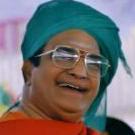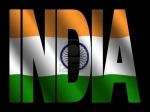!15/11/89 Where It Has Began 15/11/13 Is Where It Ended !
-
-
-
-
Tell a friend
-
-
Most viewed in last 30 days
-

-

-

-

-

-

-

-

-

-

-

-

-

-

-

-

-
.thumb.jpg.ce42bb16ec102475a78c2087ce269c7d.jpg)
-

-
.thumb.gif.343fe49c7e1c507ae0056326bd8cf77e.gif)
-
 48
48Undilaemanchikalam · Started
-


Recommended Posts